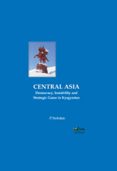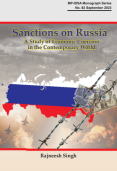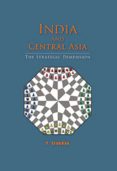The Evolution of Russian Strategy Towards BRICS
This article examines the evolution of Russia’s policy towards BRICS from the time of its formation as a group of four countries in 2006 to the present. The authors analyse the main political objectives that guided Moscow in initiating the creation of this format and in developing it in subsequent years. The article argues that, with Russia as a participant, the character of the organization has undergone major changes, due both to the changing international situation and fundamental changes that the foreign policy of Russia itself has undergone since 2014.
- Dmitry Novikov , Andrei Skriba
- November 2019









